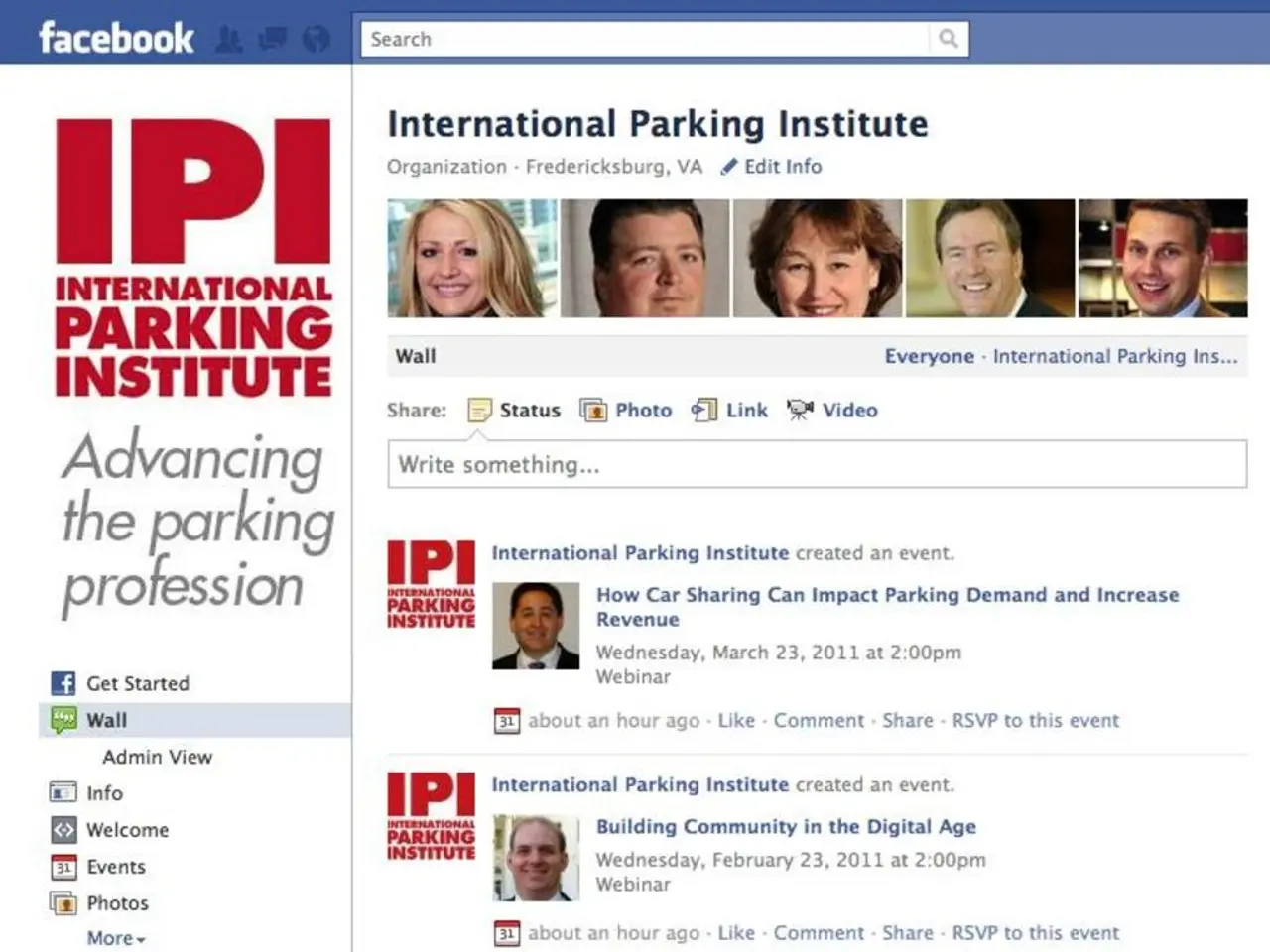Social Media Data Utilization for Political Analysis
In the digital age, social media has become an enormous and influential part of modern politics. This platform offers real-time insights into public sentiment, issue-based discussions, electoral moods, misinformation patterns, and grassroots mobilization.
Social media data is a rich source of information about political socialization, political behavior, and identity. It can reflect users' personality traits, such as through Facebook "likes", and help understand political opinions and movements. This data is more up-to-date than conventional research methods, making it an invaluable tool for political analysis.
Network analysis maps relationships between accounts, hashtags, or topics to identify influential users, information clusters, and potential echo chambers. Hashtag analysis helps identify popular movements, issue-based campaigns, regional traction, and influencers amplifying political narratives.
Social media data can be used to understand voter sentiment and preferences, as well as the effectiveness of campaign strategies. Tools like Brandwatch, Hootsuite, Talkwalker, Sprinklr, NodeXL, Gephi, Python libraries, and Botometer are used for network mapping, sentiment analysis, and trend detection.
Real-time monitoring refers to continuously tracking and analyzing social media conversations as they happen, useful during debates, crises, rallies, or elections for fast response. Facebook ads are an effective way for politicians to reach voters.
Candidates have been known to use data analytics to gain insight into their audience and better target voters with campaign messages. Social media data analysis can identify trends in followers' interests and opinions relevant to research.
The future of social media data and politics is changing rapidly. Social media data will impact political campaigns in the future, including canvassing, fundraising, and raising awareness of causes and issues. It is a lower-cost alternative to traditional polling methods and can be used to predict election outcomes.
To ensure accurate and ethical analysis, scholars employ a combination of methodological rigor, ethical considerations, and the use of suitable analytical tools. This includes gathering extensive data from platforms like Twitter, applying robust analytical tools, incorporating sentiment and stakeholder analysis, prioritizing equity and community engagement, adopting open science and rigorous research standards, and interpreting data carefully.
By combining these approaches—rigorous data collection and classification, advanced network and sentiment analysis, community-centered data governance, and open, multi-disciplinary research—scholars can more effectively analyze social media data to understand political behavior and discourse. This, in turn, can help predict the behavior of voters and provide valuable insights into the demographics of social media users.
- In the realm of political marketing, social media analytics serves as a vital source of information about political behavior and identity, reflecting users' opinions and movements.
- Tools like Brandwatch, Hootsuite, Talkwalker, Sprinklr, NodeXL, Gephi, Python libraries, and Botometer are employed for network mapping, sentiment analysis, and trend detection in the context of political discourse.
- Hashtag analysis on social media uncovers popular movements, issue-based campaigns, regional traction, and influencers amplifying political narratives, providing insights into grassroots mobilization.
- Network analysis identifies influential users, information clusters, and potential echo chambers, offering a deeper understanding of the intricate connections within political discussions.
- Real-time data analytics on social media conversations, such as during debates, crises, rallies, or elections, enables politicians to react swiftly and effectively to public sentiment.
- Social media ads are a cost-effective means for politicians to reach voters, stepping beyond traditional avenues of general-news and entertainment media.







